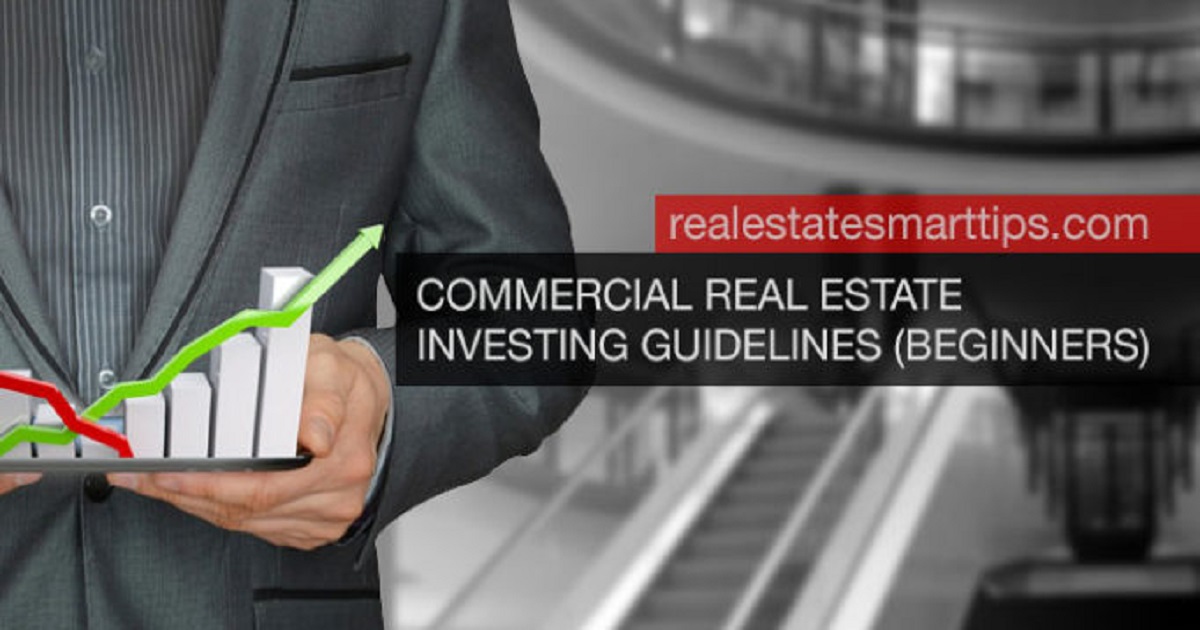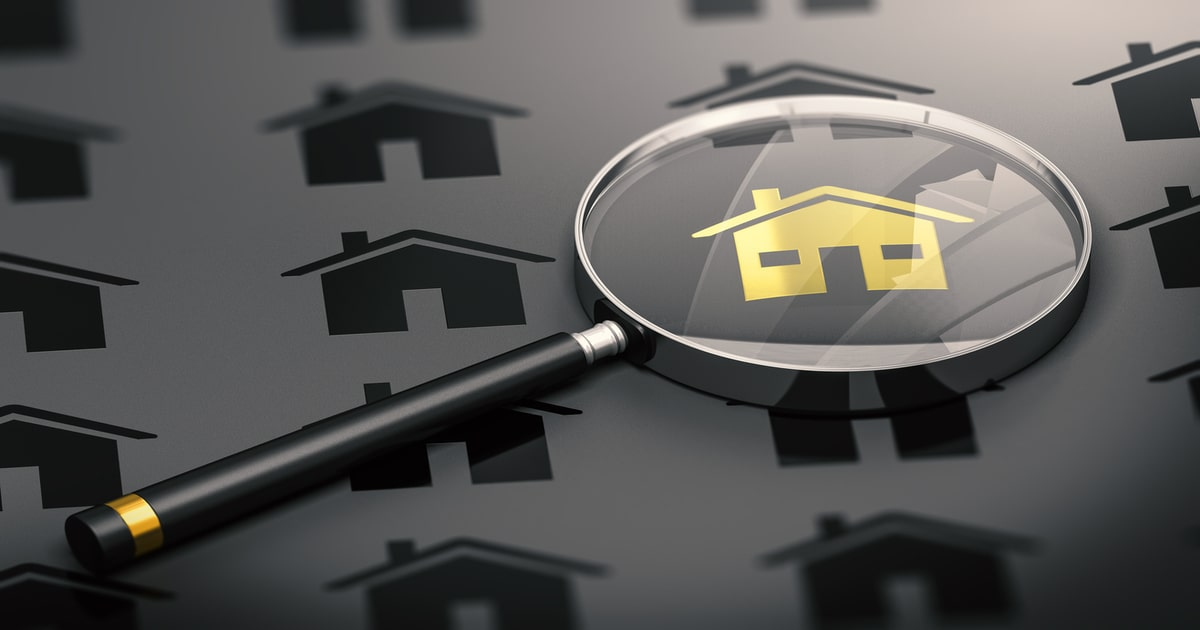
Real Estate Technology, Asset Management
Article | May 10, 2023
Real estate is always an attractive avenue for keen investors. The prospects of property appreciation and their potential returns keep luring people every now and then.Investment in residential property in India is always on the boom. However, the commercial real estate investing trend is also witnessing a rise. This is because commercial properties for medical care centres, hotels and shopping malls present bright investment opportunities. They provide huge returns on investment in short time. This is because of the high profits involved.
Read More

Real Estate Investment, Asset Management
Article | May 5, 2023
Infrastructure development is directly proportional to the economy and is a key indicator of economic growth. World powers have heavily invested in infrastructure development to support the system and other varied sectors of the economy. The Indian construction sector, in particular, has been significantly affected by the pandemic. However, this year will be fruitful, as the sector appears poised to regain growth and seize various opportunities with the ease of global markets. The Indian construction sector began the year with DRDO partnering with Maiwir Engineering to complete a 7-storey state-of-art research facility at the Aeronautical Development Establishment campus in Bengaluru, spreading across 1,30,000 sq. ft. in a record timeline of 45 days using hybrid construction technology. The quest for a greater economy, concerning material costs and reduced construction timelines, has resulted in innovative solutions that seek to combine construction materials and methods to an optimum effect. One such adaptation is the use of hybrid construction technology.
Hybrid construction technology is a mix of conventional and pre-engineered methodology, using a combination of structural steel and reinforced concrete to form an efficient and sustainable design model. The highest level of optimization is achieved in resolving complex engineering problems in well planned phases. First, the structural steel members and partial pre-cast members are manufactured off-site at a factory yard. In the second phase, ready-to-assemble members are transported to the construction site, and in the third phase, they are installed in a calibrated manner using machinery.
Decoding this Innovation
The hybrid construction technology is a highly flexible building system. It is composed of horizontal and vertical structures, which can be used either separately or as part of a system depending upon the required standards. It is a global, effective, and cutting-edge solution for industrial, commercial, and residential structures, as well as large works, infrastructures, facilities, renovation, and conservative restoration. An offsite precast yard is setup for the fabrication and assembling of precast elements. Once all the members are installed to form a structural frame, a cast in-situ concrete pour is done monolithically to achieve the structural integrity.
The Way Forward
The main areas of focus in the near future are high-rise buildings for commercial, residential, educational institutions, hospitals, data centers, and urbanization of logistic corridors. Just like India’s space program "mission to Mars," the mission to build can happen at a fraction of the cost with local materials and skill-developed teams, and we shall target and improve the country’s GDP growth with infrastructure development and spending. Over the past 3 decades in India, there has been a quantum jump in construction technology, especially in steel structures related to design concepts, erection methodology, manufacturing, section profiles, code provisions, etc.
The evolution of composite structures is one such revolution, which has gained significant importance and has mostly replaced conventional construction techniques.
Application of Hybrid construction technology
High Rise Residential & Commercial buildings
Hospitals & educational institutions
Bridges
Seaports & airports
Data centres
Recreational centres
The industry can reap the benefits of both worlds of conventional concrete construction and precast structural construction. This new combination of technology ensures flexibility in terms of design and also faster project deliverables without compromising quality and onsite safety. It has proven to produce high-quality structures in record timelines, resolving complex engineering projects to cater for the rapid growth of infrastructure in the country.
The Importance of Hybrid Construction Technology
No or minimal wastage during the construction phase, which roughly accounts for 1–5% in conventional RCC buildings.
Improved structural integrity
Faster construction reduces the timelines by up to 60%
Optimized resource utilization
Wind loads & seismic load resistant
Significant reduction in construction costs
While fast-growing economies like China and other developed economies in Europe and the Middle East are adopting technological advancements for constructing complex engineering projects and residential structures, with this revolutionary technology, India can witness itself on the global map as a developed economy by building faster and more economically efficient structures than any other global power.
Read More

Real Estate Technology
Article | July 12, 2022
Explore the latest trends, tools, and strategies for optimizing data-driven real estate asset management services and achieving long-term success with a comprehensive guide to improving business ROIs.
Contents
1 Importance of Data-driven Model for Real Estate Asset Management
2 Seven Steps to Measure Data-driven Asset Management
2.1 Defining the Purpose and Scope
2.2 Identifying the KPI
2.3 Determining the Sources
2.4 Collecting and Cleaning Data
2.5 Data Analysis
2.6 Performance Evaluation
2.7 Continuous Monitoring
3 Effectiveness Metrics for Data-Driven Asset Management
3.1 Occupancy Rate
3.2 Operating Expense Ratio
3.3 Tenant Retention Rate
4 Conclusion
1. Importance of Data-driven Model for Real Estate Asset Management
As real estate technology continues to develop and become more cost-effective for both new and existing business structures, and as collaboration platforms, sensors, and smart devices continue to advance, the amount of data produced by commercial real estate assets is growing exponentially. This data can give real estate market participants like investors, asset managers, property managers, and tenants a competitive advantage and help them avoid disruption if they develop data-driven services and new business models centered on the specific needs of users, owners, or the property itself. However, only a concerted effort by all real estate stakeholders including builders, investors, owners, tenants, and service providers towards data-driven real estate asset management can optimize data to generate insights that improve performance and profitability.
The significance of data-driven models in real estate asset management is growing as the models enable more informed decision-making and more efficient operations by collecting and analyzing data from various sources. Real estate asset managers can gain a greater understanding of the performance of their assets and make more informed management decisions. This can result in increased efficiency, profitability, and tenant satisfaction.
2. Seven Steps to Measure Data-driven Asset Management
Measuring the effectiveness of data-driven real estate asset management services enables businesses to evaluate their current strategies and identify areas for improvement in the services they offer By following these steps to measure asset performance, processes, and activities, businesses can gain insights and make data-driven decisions to optimize performance and maximize returns.
2.1 Defining the Purpose and Scope
The process of measuring data-driven real estate asset management services begins with a clear definition of the purpose and scope of the measurement. It involves conducting a comprehensive review of the business goals as well as identifying specific objectives and purposes for the strategies to develop a well-defined purpose and scope for measuring the effectiveness of asset management services. It helps to ensure that the real estate asset management services are aligned with the broader business strategy.
2.2 Identifying the KPIs
Defining the purpose and scope of data-driven asset management is followed by identifying KPIs to measure success. It requires a clear understanding of critical areas of asset management and selecting quantifiable measures to define success factors and track progress. Choosing the right KPIs provides valuable insights into asset performance, enabling real estate executives and managers to make informed, data-driven decisions to optimize performance and maximize returns.
2.3 Determining the Sources
Identifying the data type, including financial, property, market, and tenant, is essential to determine the sources for evaluating data-driven asset management services. After establishing the data requirements, the sources, such as internal systems and databases, third-party data providers, and publicly accessible data sources, are determined with data compliance and security as the determining factor. Determining sources ensures that the asset management data is trustworthy, current, and accurate, which impacts subsequent decision-making. This step provides the groundwork for data-driven decision-making.
2.4 Collecting and Cleaning Data
Data collection and cleansing are essential for measuring data-driven asset management services. The collected data must be precise, exhaustive, and dependable for subsequent analysis and decision-making. The step involves validating the data for completeness and accuracy, eliminating errors, inconsistencies, and duplicates, and standardizing the data across all sources. The process identifies improvement opportunities, optimizing real estate asset management services for maximum efficiency and profitability.
2.5 Data Analysis
Data analysis plays a critical role in measuring data-driven asset management services. After finalizing the data collection and cleaning step, the data is analyzed using various techniques such as statistical analysis, predictive modeling, and data visualization. These techniques help to identify trends, patterns, and relationships that provide insights into asset performance. Data analysis provides a more profound understanding of the performance of real estate assets, leading to improved efficiency, increased profitability, and enhanced tenant satisfaction.
2.6 Performance Evaluation
Evaluation of data performance to comprehend improvements in the data-driven asset management services starts once the data is analyzed. The performance evaluation step involves comparing actual results to the established KPIs to determine whether the goals are being met or whether there are areas for improvement. It aids in identifying deviations from predetermined objectives and prompts and taking required corrective actions to realign with the business strategy. In addition, this step facilitates identifying improvement opportunities and ensures that real estate asset management services are optimized for maximum efficiency and profitability.
2.7 Continuous Monitoring
Measurement of data-driven real estate asset management services ends with continuous monitoring. To ensure asset management strategies are working, continuously tracking and evaluating KPIs from earlier steps while identifying underperformance and improvement opportunities is involved in the last stage. Operation managers can make data-driven choices, identify risks and opportunities, and optimize asset management strategies for efficiency and profitability by monitoring real estate asset performance. In addition, it ensures that real estate asset management services remain effective over time and can adapt to market changes to maintain a competitive edge.
3. Effectiveness Metrics for Data-Driven Asset Management
Effectiveness metrics for data-driven asset management services are the KPIs used to measure the success of data-driven strategies. These metrics help real estate executives and managers evaluate the performance of their assets and make data-driven decisions for maximum efficiency and profitability.
3.1 Occupancy Rate
The occupancy rate is an essential metric in data-driven real estate asset management. This metric indicates the proportion of a property's rental units that are occupied at present. A higher occupancy rate suggests the property performs well, as more tenants occupy the units. Therefore, this metric can be used by real estate businesses to gauge the efficacy of their digital asset management strategies.
3.2 Operating Expense Ratio
The operating expense ratio is used to evaluate a property's operational efficiency for data-driven asset management. It is calculated by dividing the operating expenses incurred by the property by the total rental income generated. It helps measure the proportion of income consumed by the expenses, such as maintenance costs, utilities, and commercial property management fees. A lower operating expense ratio indicates better cost control and efficient use of resources, resulting in increased profitability for the real estate asset.
3.3 Tenant Retention Rate
In real estate asset management, the tenant retention rate is an essential metric that measures the proportion of tenants who choose to renew their lease agreements. It is an essential indicator of tenant satisfaction and the quality of property management services. A higher tenant retention rate indicates that tenants are satisfied with the property and management, resulting in a stable tenant base, lower vacancy rates, and decreased costs associated with tenant turnover.
4. Conclusion
The significance of utilizing data-driven models for real estate asset management is rising due to digital real estate asset management, technological advancements, and the expansion of collaboration platforms, sensors, and intelligent devices. To gain a competitive edge and avoid disruption, stakeholders in the real estate industry must prioritize the development of data-driven services and innovative business models that cater to the unique needs of users, owners, and the property itself. In addition, the use of data-driven models can also lead to more efficient and informed decision-making, reducing costs along with increasing profits and improving real estate portfolio management.
Read More

Real Estate Technology
Article | July 6, 2022
Proptech, or property technology, comprises digital solutions that help facilitate buying, selling and leasing of commercial real estate. It is also called CREtech or REtech for commercial real estate technology, respectively. It usually refers to the digital tools and software used in real estate. With digitalization growing at an exponential rate across the real estate sector, proptech is evolving, here are three topmost trends in proptech that real estate solution providers must keenly follow.
1 3D House Tours
Both prospective buyers and real estate agents love this technology. 3D house tours simulate a real house tour and can be viewed either on virtual reality (VR) headsets or one’s computer screen. They simplify initial interactions by enabling users to confirm their interest in a property, saving both time and visits for buyers and agents. They also allow agents to better market their properties and schedule multiple visits from the comfort of their offices. The ensuing process ensures that agents are able to provide realistic walkthroughs of their properties and eliminate friction from the get-go, making the showing as painless as possible.
2 Automated Service Desks
Exceptional customer service is the name of the game in real estate and agents are expected to provide their clients with white glove service wherever possible. Conversational AI is one way that many real estate solution providers are achieving this. With round-the-clock contact channels to assist clients with the information they need, agents and brokers are better equipped to deal with queries and reduce their response time. The automation of menial tasks also ensures that they don’t have to be everywhere all the time.
3 Digital Transaction Management
Real estate comes with its share of sky-high paperwork. With digital transaction management, agents can now reduce the significant amount of legwork that goes into managing paperwork. It also helps in signing documents digitally, which means physical presence isn’t needed to execute agreements and registration processes, making the process smoother and faster. Real estate clients with multiple properties will no longer need to be inundated with massive amounts of paperwork and travel.
For the Record
Digitalization is transforming industries at lightning speed and real estate is a frontrunner in adopting new technologies. The impact that proptech has on RE is visibly vital. The above trends are revolutionizing the real estate technology landscape. Keep an eye out to see how these trends change the way people buy and sell property.
Read More